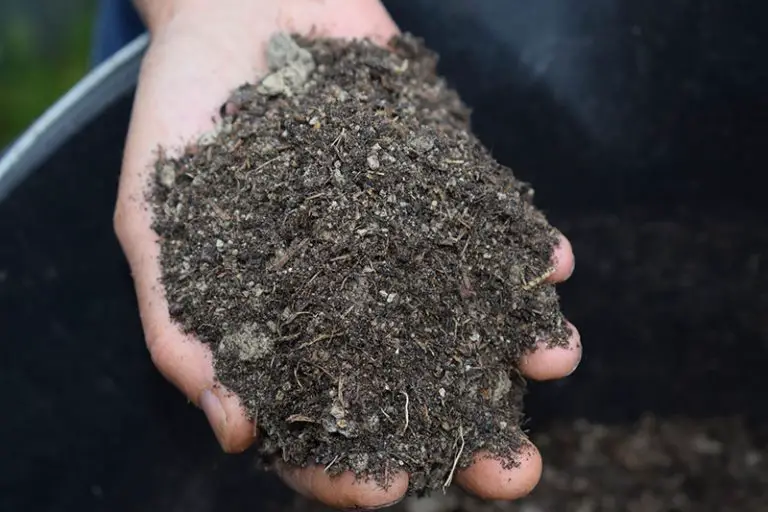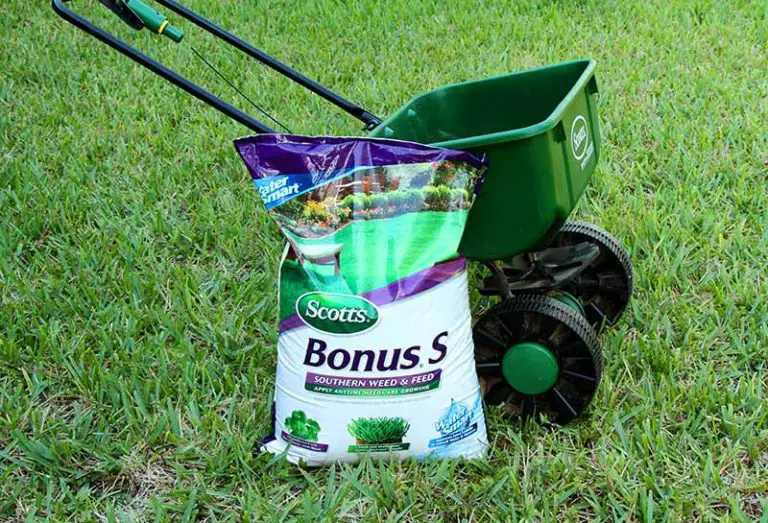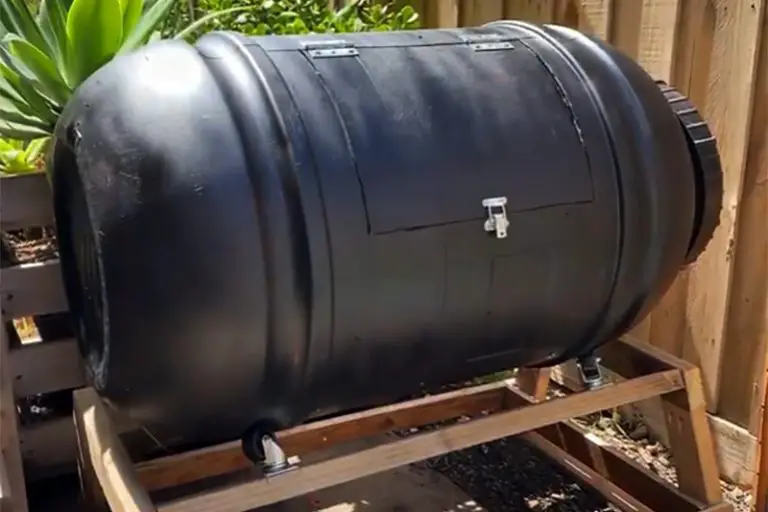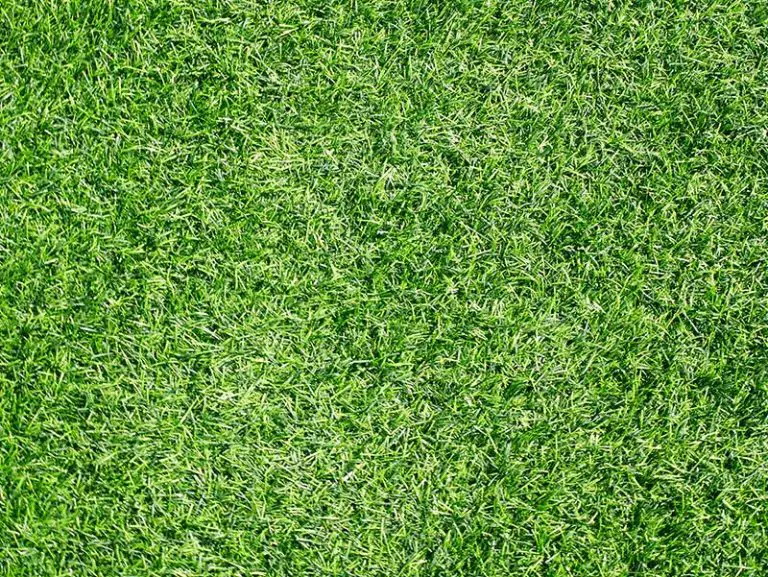Is It Safe To Fertilize A Lawn With A Well?
Having a working well in your garden can seem like an exciting and fun aspect to have but looking after it can be more work than you expected. If your well is close to your lawn, then you may have some questions about its safety and how to care for your lawn too. So, is it safe to fertilize a lawn with a well?
Using a fertilizer to look after your lawn with a well is safe to do only if you follow the right safety protocols and use the right fertilizers; otherwise, you will run the risk of contaminating the well’s water. You should use organic fertilizers and get the well’s water tested regularly.
You need to be aware of a few more considerations before fertilizing your lawn with a nearby well. We will go through all of these considerations, and we will answer the question of what would happen if you use the wrong fertilizer on your lawn with a well in this article.
Is It Safe To Fertilize Your Lawn Near A Well?
Using fertilizers on your lawn with a well can be safe if you follow the right steps and use the right fertilizers. There is the potential risk of contaminating the groundwater of your well when you use fertilizers, but there are some things that you can do to ensure your well’s water is safe to use.
There are precautions that you need to keep in mind, and there are always rules that need to be kept to ensure your, your family’s, and even your pet’s safety, as contaminated groundwater from your well can be deadly if consumed.

Considerations When Fertilizing Lawns Near Wells
If you are going to be using the well’s water in any way, then there are protocols that you need to follow and factors that you need to always keep in mind when you are fertilizing your lawn.
These considerations are essential and should not be taken lightly as they could help protect your family from contaminated water. Let us take a look at these considerations so you can be prepared when you need to fertilize your lawn that is near a well.
The Location And Depth Of The Lawns Well
Before you begin to fertilize your lawn near the well, you need to figure out how deep your well is and take a good look at its location in your garden. This information is vital as it will dictate the likelihood of the fertilizer seeping into the well’s water.
Suppose that your well is located on an incline like a slope in your garden, for example. Your well then has a lower chance of being affected by the fertilizer, as any runoff will leach down and away from the well’s water.
Whereas, if your well is located near a downhill stream, then if you experience heavy rains, there will be a high chance of the fertilizer seeping into the well’s water and contaminating it.
Wells that are shallow have a high chance of being contaminated by the nitrate in the fertilizer than wells that are deep. It is vital to note that the soil type in your garden can play an important role as high clay soils are less likely to allow fertilizers to seep through than sandy soils.
The Type Of Fertilizers Used On Lawns With Wells
If you need to fertilize your lawn close to a well, the best fertilizers to use would be organic fertilizers, as they work differently from traditional chemical fertilizers. Organic fertilizers need organic, biological life in the soil, as these organisms break down the fertilizer over time.
This restricts the amount of nitrates released into the soil at a given time, and the grass generally absorbs the nitrates released before they can seep into the ground deep enough to affect the well’s water.
The best organic fertilizer options to use would be a granular fertilizer or a liquid feed fertilizer. Granular fertilizers are generally the best as they offer a slow-release formula that requires fewer applications, but the liquid one will work if you cannot get a hold of the granular option.
Regular Water Tests For Your Well
It is recommended that you have your private water well tested at least once a year to make sure the well’s water is safe to use. But, if you have a shallow well, you should test it more than this as there is a higher chance of the well getting contaminated.
You need to ensure that your well tests are testing for bacteria, pH levels, sulfates, heavy metals, and nitrates, as this will help show you the impact of the fertilizers you have been using on your lawn. Nitrate tests are generally standard tests, but they are sometimes not included, so you need to ensure the water test you use does include it.
Effects Of Chemical Fertilizers On Water In Wells
The main ingredient that you need to be concerned about in your fertilizers that will easily contaminate your well’s water is nitrate. Nitrates in fertilizers are a form of nitrogen that is required and absorbed by plants to help promote leafy green growth.
As grass is primarily grown for its luscious green leaves, the fertilizers specifically made for lawns will have a high concentration of nitrates. If you have a well, the problem with using these fertilizers is that the nitrates are water-soluble and can easily leach down the soil layers and into the well’s groundwater.
Naturally, there are small amounts of nitrates in water found in wells, but if they reach a high level, then this can be dangerous, especially to the elderly and young children. Nitrates are dangerous for humans to consume in large quantities as they interfere with the transport of oxygen in your blood.
For this reason, if you are using your well for drinking water, cooking water, or even to water your livestock, then you need to have your wells water tested at the very least once a year, and you need to be careful about which fertilizers you use on your lawn.
Conclusion
You are able to fertilize your lawn if it is close to a well; you just need to be careful of the type of fertilizer you use and the location and depth of your well. If you follow the precautions that have been listed above, you should have no issues with your well’s water. Remember to always be safe, and if you have any doubts, then get the well’s water tested before you use it.







